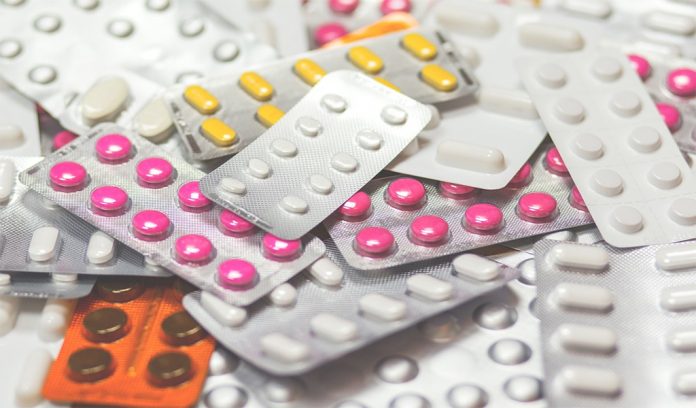
(DoctorFarrah)- A timely oncology study has revealed that 8 out of 10 conventional cancer treatment doctors prescribe experimental drugs, most of them doing so because of the low success rate of conventional cancer treatments for most cancer cases.
The study published in the Journal of Clinical Oncology studied 172 published clinical drug trials on drugs which were already being prescribed by doctors even though they were still on the trial stage. Although some of the drugs were new ones, many were available already in the US market.
The study established that more patients were harmed than helped by these experimental drugs. Only less than a third or 27% of the cancer patients generated any improvements in survival rates.
On the other hand, about 2/3rds of the patients in the study reported at least one severe or life-threatening side-effect from these experimental drugs. Less than one-half of the subjects experienced any clinical benefits at all.
It is rather unclear if the doctors were prescribing the experimental drugs for different doses or different combinations, or if the drugs were approved for different conditions that were not actually for certain kinds of cancer. However, it is possible that many doctors prescribed drugs for unapproved conditions due to the lack of effective, long-lasting treatments (one-fifth of all U.S. drugs are prescribed as “off-label prescriptions”, meaning prescribed before these drugs are 100% cleared to be sold commercially). This is common practice in the industry now.
Dr. Jeffrey Peppercorn, a cancer specialist at Duke University Medical Center in North Carolina who led this research, said the study aims to assist patients and doctors who were frequently looking for new drugs and therapies to offer patients than present the typical conventional treatment.
Dr. Peppercorn said, “There is high demand for new treatments in oncology”. Although he did not lobby for an end to prescribing experimental drugs, he still stated that “it is done far more often than it should be”. He also said doctors might not be clear about the high risks involved with prescribing experimental drugs to their patients. So he recommended that doctors should get consent from their patients first before trying any experimental drug, with the patient having “full information” about the effects and risks of these experimental drugs on them.
However, we in the medical industry, particularly oncologists, know how many times big medical firms have manipulated and under-reported the negative results of drug trials to make them look less harmful. More often, industry-funded studies have over-stated the positive results from clinical drug trials.
So pending improvement of protocols for clinical drug trials for experimental drugs, why don’t medical doctors and drug researchers use “tried and tested unconventional, ALL-NATURAL cancer treatments”? We have a lot of all-natural and plant-based cancer therapies that have been tested for years to help eradicate the spread of cancerous cells – and leave healthy, normal cells alone (examples of these marvelous healing plants are graviola (guyabano in Tagalog or guyabanana in South America), as well as anti-inflammatory spices like turmeric or ginger. Turmeric can also be used for treating other diseases like arthritis and other chronic diseases.
The only problem – perceived by a few but not including us — is these therapies are not patentable or sometimes, not profitable. It is a shame that because of these factors, few doctors want or are brave enough to try them out.
In summary, we would like to urge all medical doctors and oncologists to exercise caution in prescribing experimental conventional drugs because aside from being still experimental, there are also serious side effects that may come out of your new drug.
Copyright 2025, DoctorFarrah.com








